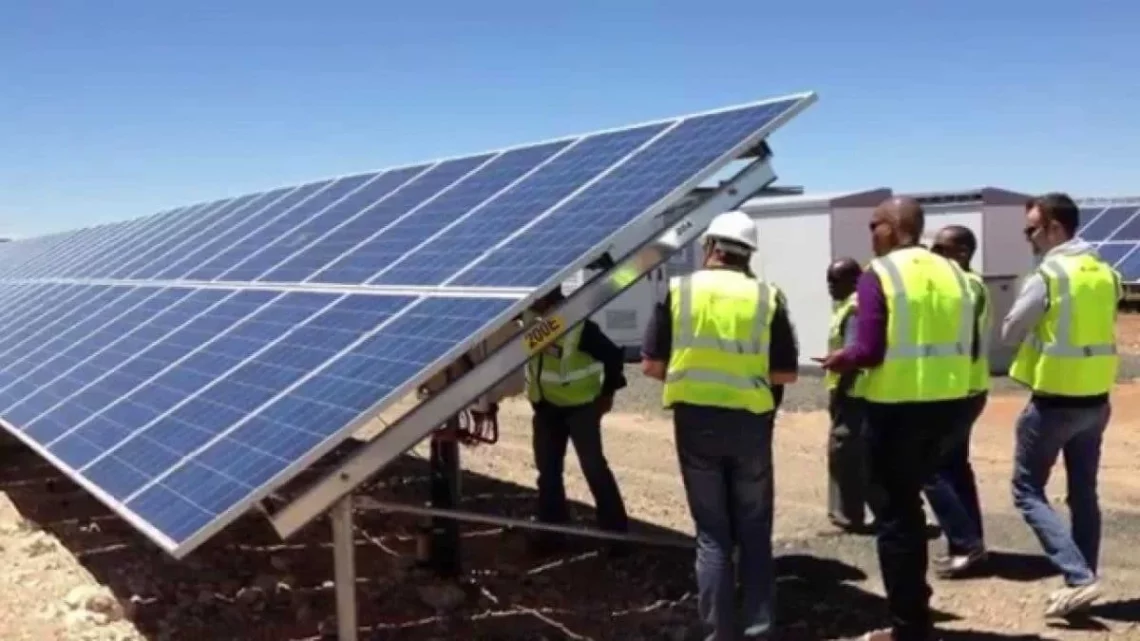Nigeria’s energy crisis could worsen if the government proceeds with its plan to ban the importation of solar panels, Dr. Muda Yusuf, Chief Executive Officer of the Centre for the Promotion of Private Enterprises (CPPE), has warned.
Yusuf issued the warning in response to the announcement by minister of science and technology, Uche Nnaji, that the federal government would soon halt solar panel imports to encourage local manufacturing.
According to Yusuf, the move could backfire due to the country’s limited domestic production capacity, potentially exacerbating existing energy challenges.
“It is important to clarify that Executive Order 5 is a procurement policy that directs Ministries, Departments, and Agencies to prioritise Nigerian service providers in their procurement of goods and services,” Yusuf said. “This is fundamentally different from a trade policy measure, which has broader economic implications and requires thorough study before implementation.”
He cautioned that enforcing a ban without adequate domestic capacity could disrupt the renewable energy market, making it harder for Nigerians to access alternative power solutions.
Rather than imposing a ban, Yusuf suggested that the government should support local investors by offering tax incentives, tariff concessions on essential components, and concessionary long-term financing at a single-digit interest rate.
He also urged the federal government to reduce import duties on batteries, inverters, and wind turbines to five per cent, arguing that such measures would lessen dependence on the national grid and boost energy access.
Nigeria’s per capita electricity consumption is about 160 kilowatt-hours, far below the sub-Saharan African average of 350 kilowatt-hours, he noted. He emphasised that solar energy adoption has been one of the most effective interventions in addressing the country’s power deficit and has gained considerable traction in recent years.
Minister Nnaji, while announcing the proposed ban at a recent event in Abuja, stated that the policy aligns with Presidential Executive Order Number 5, which promotes local content in science, engineering, and technology.
He noted that Nigeria is making significant investments in renewable energy infrastructure and has the capacity to meet its solar energy demand through local production. The National Agency for Science and Engineering Infrastructure (NASENI), he said, is playing a key role in expanding domestic solar panel manufacturing.
Nnaji projected that increasing local solar panel production would accelerate Nigeria’s transition to off-grid power solutions, benefiting more households and institutions across the country.





